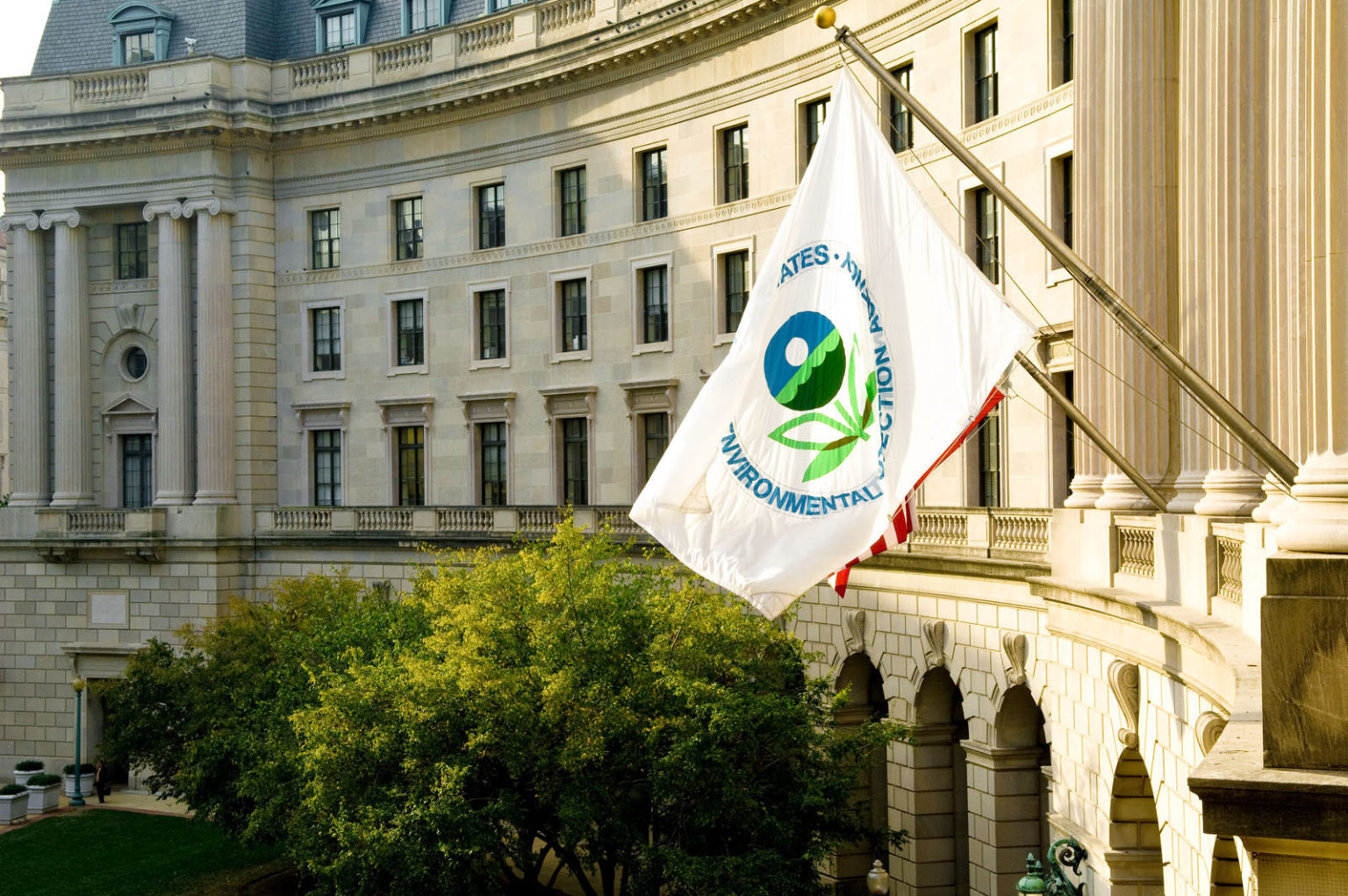By Andrea Germanos, Common Dreams. Originally published on Common Dreams, CC BY–SA 3.0.
A new lawsuit seeks to kill a recent Trump administration rule that critics say deals a blow to transparency by giving the Environmental Protection Agency broad authority to shoot down public information requests.
The new rule — put in place without public input — was published on the Federal Register June 26 and goes into effect July 26.
“This rule is a shameful attempt to keep Americans in the dark about the Trump administration’s sickening failures to protect our air, water, and wildlife,” said Meg Townsend, open government attorney with the Center for Biological Diversity. “We have a right to know what EPA is trying to hide and which Trump appointee is trying to hide it.”
In their suit filed Wednesday in the U.S. District Court for the District Columbia, the Center for Biological Diversity and the Environmental Integrity Project argue that the new regulation violates the Freedom of Information Act by allowing for information requests to be denied on the basis of “responsiveness,” and violates the Administrative Procedure Act (APA) by allowing for responses to be delayed. The administration also violated the APA by not allowing for public comment on the rule change, the suit says.
In addition,
Plaintiffs also challenge EPA‘s adoption of FOIA directives, which are substantive rules of general applicability governing EPA‘s FOIA practices, but which have never been published in the Federal Register or subjected to public comment in violation of the procedural rulemaking requirements of both FOIA and the APA. These secretly adopted FOIA directives institutionalize procedures and practices that serve to delay and often frustrate public access to public records by allowing EPA political appointees to oversee what information is made available to the public, and what information never sees the light of day.
“Government transparency is essential to modern democracy,” the lawsuit states. “Congress enacted FOIA to provide the public with the right to federal agency records that illuminate government actions and empower the public to hold agencies accountable.”
As The Hill reported last month,
While the EPA administrator and other political appointees have had the ability to grant or deny FOIA requests, doing so under the “basis of responsiveness” and “no response” option is a new addition in the forthcoming rule.
Other major changes in the rule include a decision to no longer allow EPA regional offices to handle initial FOIA requests. All requests instead must first be sent to the agency’s National FOIA Office, which will then delegate the requests to the proper office.
Any requests sent first to regional offices by members of the press, the public, or any organizations will not be redirected and won’t be considered received.
In a statement last month, the Sierra Club said the administration’s motivation for the rule change was clear.
“Trump and [EPA Administrator Andrew] Wheeler are trying to end transparency and FOIA as we know it in a blatant attempt to hide their backdoor dealings with polluters,” said Pat Gallagher, director of the organization’s Environmental Law Program. “Make no mistake — this is happening precisely because transparency laws have revealed numerous embarrassing and even career ending scandals for Scott Pruitt and others.”
The Center for Biological Diversity and the Environmental Integrity Project joined a number of other advocacy organizations to express concerns about the new rule in a letter to Wheeler earlier this month.
Among their concerns were that the “rule inappropriately authorizes political appointees to make FOIA determinations and significantly increases the potential for abuse of the FOIA process.” In addition, they warned, “Requiring all FOIA requests to be submitted to, and reviewed by, EPA Headquarters increases the potential for political abuse of the FOIA process.”
The Environmental Integrity Project issued fresh criticism on Wednesday.
“EPA‘s rule would let political appointees decide whether or when to release information they are required to disclose by law,” said Sylvia Lam, an attorney at the watchdog organization. “Not surprisingly, this administration has made that decision without even giving the public a chance to comment on this radical departure from current practice, which is to allow an agency’s expert attorneys to make these legal determinations.”
“The Freedom of Information Act holds government accountable to the governed by letting the public see how decisions are made,” she said. “EPA‘s action strikes a blow at democratic values that are more important today than ever before.”
Lawmakers have also taken aim at the new rule, with a bipartisan group of senators on Tuesday introducing related legislation.
Called the Open and Responsive Government Act (S. 2220) and introduced by Sens. Chuck Grassley (R-Iowa), Patrick Leahy (D-Vt.), John Cornyn (R-Texas), and Dianne Feinstein (D-Calif.), the measure is meant to counter to the EPA FOIA change as well as the recent Supreme Court ruling last month that “the term ‘confidential’ can be interpreted broadly to allow the government to withhold from disclosure under FOIA private businesses’ financial or commercial data in the government’s possession, even if the disclosure of that information would not cause any harm to the businesses,” as CNN reported.
Leahy, in a statement, said: “Our bill is a targeted, commonsense step to bolster our premier transparency law, the Freedom of Information Act. The bill would limit the extent to which the government can use a recent Supreme Court opinion to justify abuses of a particular FOIA exemption to withhold information.
“And,” he continued, “it would codify another court decision — one that the Trump administration increasingly ignores — prohibiting the government from withholding information on the tenuous rationale that it is supposedly not responsive to the FOIA request.”
Main image: A U.S. Environmental Protection Agency building. Credit: U.S. EPA, public domain
Subscribe to our newsletter
Stay up to date with DeSmog news and alerts







